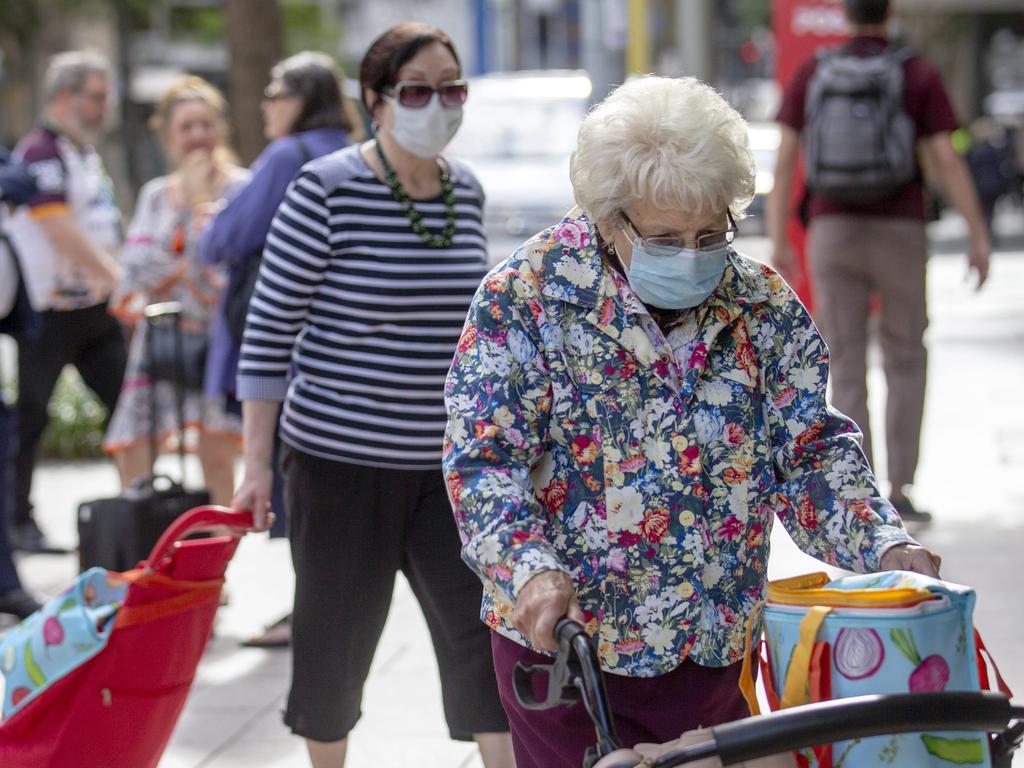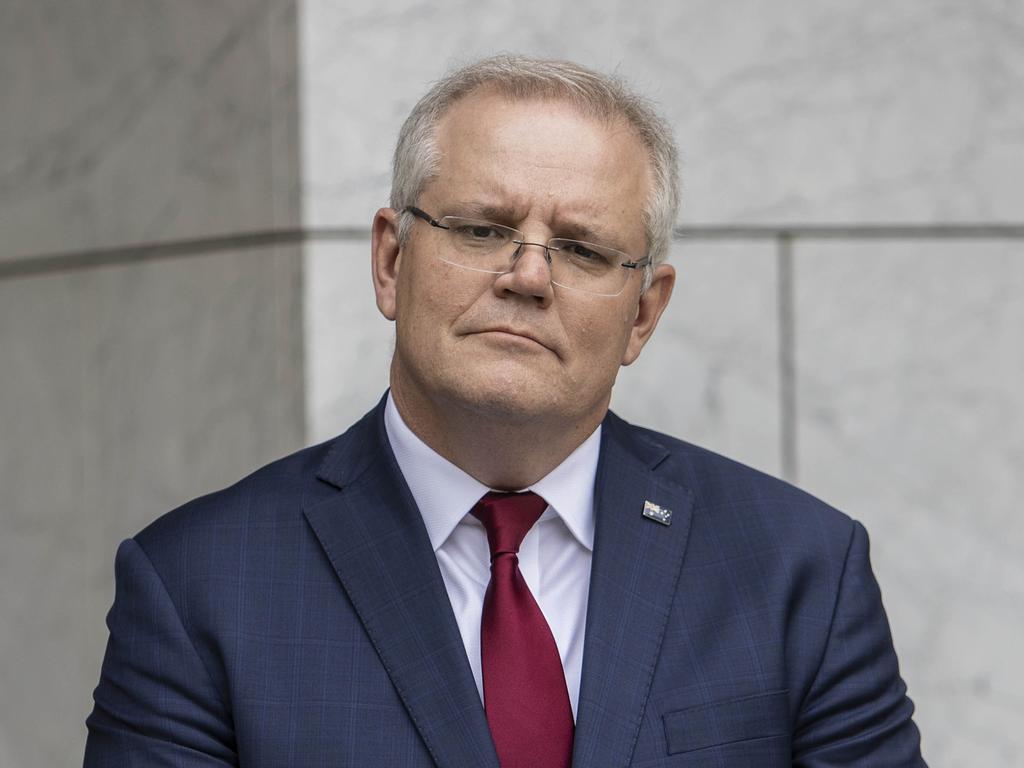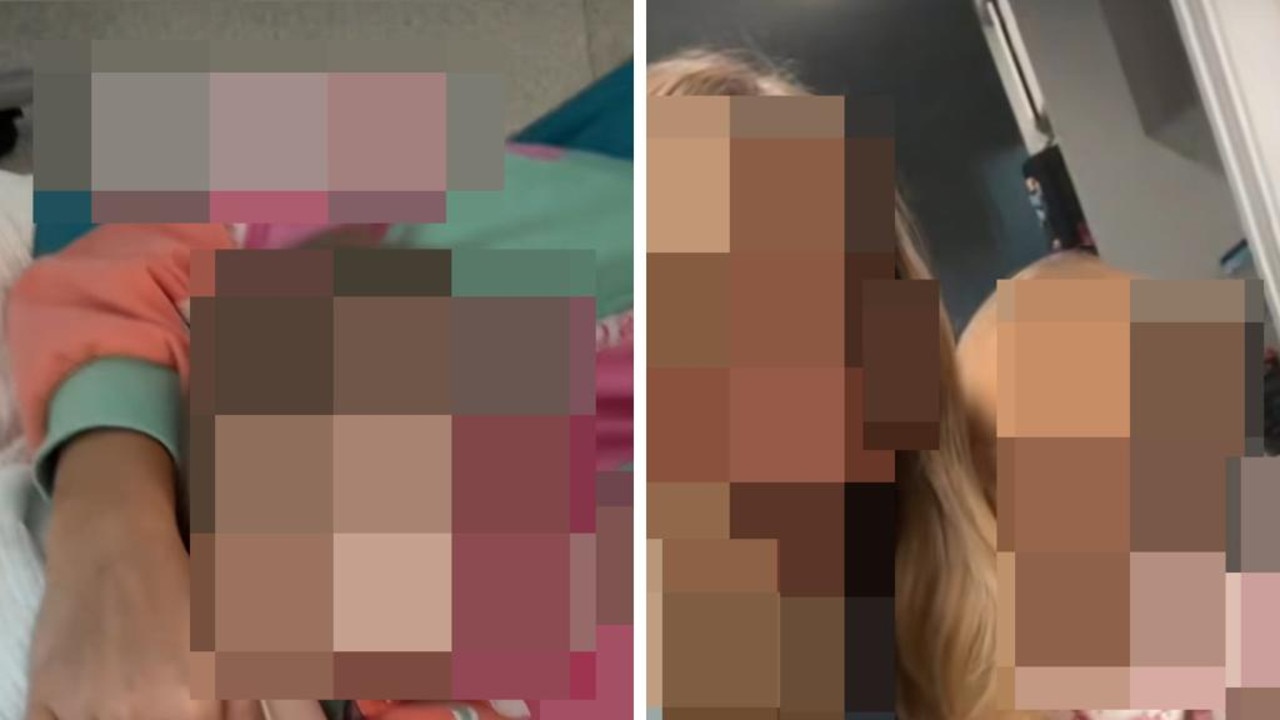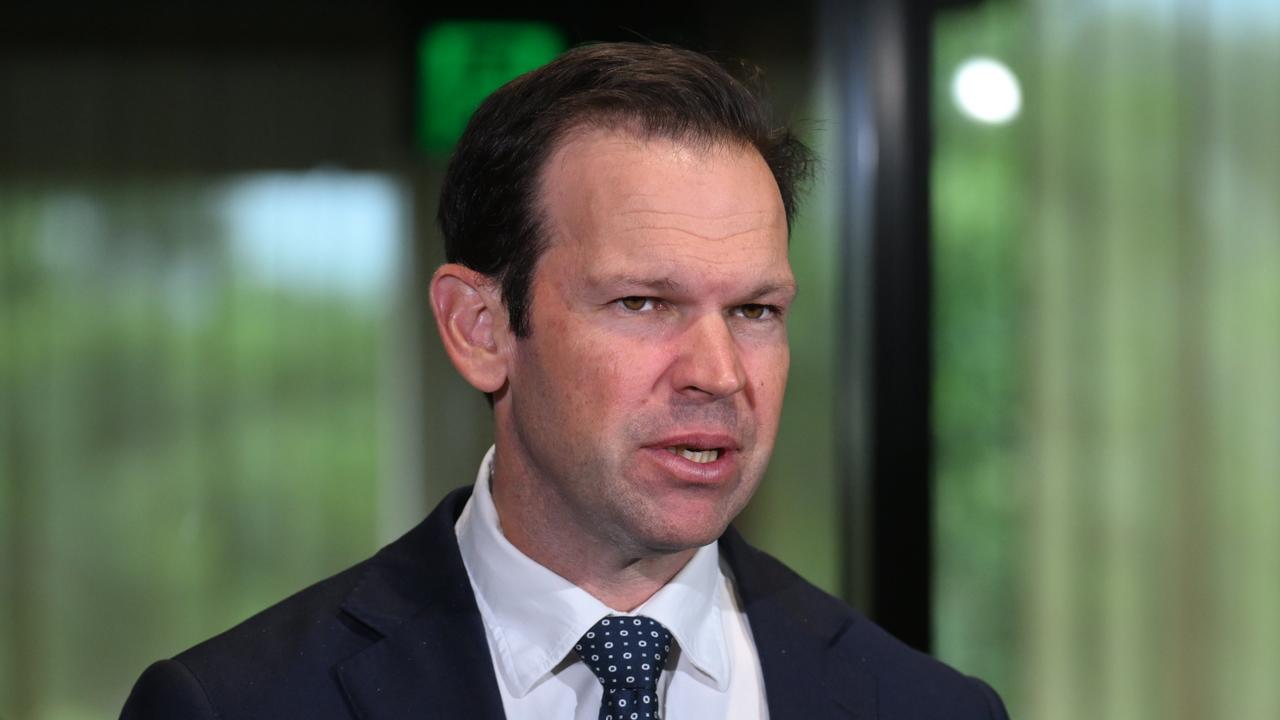Scott Morrison says sorry for virus shortfalls
Scott Morrison has acknowledged the pain Australians are feeling during the coronavirus pandemic and apologised for the days when the “system falls short”.

Prime Minister Scott Morrison has issued an apology to all Australians for shortfalls in the handling of the coronavirus.
Speaking in Canberra on Friday, Mr Morrison said thousands of professionals across the country were doing their best to protect people and contain the spread, but some days the pandemic had the upper hand.
“On the days that the system falls short, on the days that expectations are not met, I’m deeply sorry about that, of course I am,” he said.
“Everyone who is involved in the process who is trying to meet those expectations is equally sorry.
“On days where workforces are completely stripped from facilities and there is nobody there, and you scramble for a workforce to try to put them in place, and you have Australian Defence Force officers who go there at 11pm at night to try to clean up the mess, that’s not good enough.”
However, Mr Morrison said the failings were not a result of complacency.

Acting chief health officer Professor Paul Kelly said up to 22,739 cases of COVID-19 had been confirmed in Australia since the beginning of this pandemic.
At least 680 people are in hospital, 47 in intensive care units, 31 ventilated.
To date, 375 people have died because of the virus with 188 of those were infected in aged care facilities.
“I just give my condolences to those people that have lost loved ones,” Prof Kelly said.
“These are just numbers to some, but they’re not to me and they’re not to the PM and all of the people working on this understand what that means.”
Mr Morrison defended the government’s pandemic planning in the aged care.
“One of the things we have learnt during this pandemic: You can have a plan, you can do the training, you can provide the funding – all of this has been done,” he said.
“Then you’ve got to go back and reinforce the plan and you’ve got to reinforce the learnings, and you’ve got to reinforce the training, and that’s what is happening, and that has been our process the entire time.”

Mr Morrison said lessons had been learned from breakdowns at aged care homes in Victoria.
But it remained a “very complex and challenging” situation.
When asked about state border issues, Mr Morrison said there had been some “constructive suggestions” in regards to a national set of principles that could guide decisions around borders.
“States and territories … have been very adamant about their sovereignty when it comes to who sets their borders,” he said.
“The way that New South Wales and Victoria went about that process provided the best model.”

Opposition leader Anthony Albanese has urged the government to create national co-ordinating body specifically for aged care – recommended by the Aged Care Royal Commissioner – to ensure appropriate training and personal protective equipment for workers.
On the eve of the 75th anniversary of Victory in the Pacific and the end of WWII, Mr Albanese said Australia needed to do “much better”.
“When service delivery is based upon making profits, you change the dynamic of that service delivery and in aged care,” he said.
“We are seeing a real distinction between outcomes in publicly run facilities and those run by the private sector for profit.”




